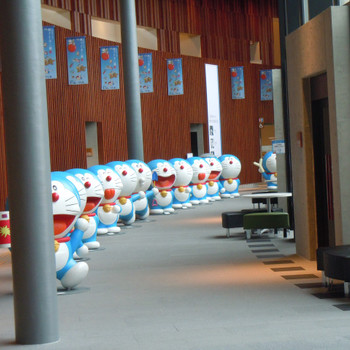What effect do you think that trench warfare had on morale?
2 Answers
Quite difficult this one because it involves psychology more than technical/military knowledge...
Explanation:
Trench warfare is the kind of confrontation typical of WWI but we can trace it back during the Civil War in the US.
The idea is that the two opposing armies are facing each other but from fixed positions dug out in a series of trenches forming a network of inter-defending positions allowing the soldiers to be protected from direct rifle and cannon fire.
The big problem is that it is also a stalemate situation where each side simply waits for the opposite to attack, kills as many as possible of the enemy soldiers and then attack to be mowed down as well repeating the cycle over and over again.
Apart for the horrors of life in the trenches such as decomposing corpses (sometimes thrown around and on people by shells), appalling hygienic conditions, parasites and vermin (rats, lice), cold and damp, the most demoralizing component (in my opinion) was futility.
Soldiers knew that their attacks were pointless because no gain was achieved and basically they were dying on scheduled attacks only to fill timetables and quotas (such as in a never-ending pointless chess game where pawns are removed constantly from the board and new one are continuously replaced). The soldiers knew that they were waiting to be killed in this or the next frontal attack. The trench protected them but also made them, once in the open, easy targets for the enemy in the opposite trench.
It is interesting to see a short film footage of French soldiers at Verdun; one of the soldiers, while drinking wine to boost his morale, makes a terrible throat cutting sign implying that that was his probable end!
Soldiers in the trenches grew more and more rebellious revolting and joining mutinies against the pointless and stupid meat-grinder/cannon fodder mentality of the generals using the trenches as their private playground to try pointless old style frontal attacks.
 )
)
[Smile for the camera...I think not!]]
The introduction of the tank and poison gasses were expedients used to try breaking the deadlock of the trenches and trench warfare.
Soldiers didn't spend all their time in the front line trenches. A system of rotation allowed them to rest and get clean. Although difficult, the situation was bearable for a length of time.
Explanation:
http://www.bbc.co.uk/guides/z3kgjxs
This article says that 45% of a British soldiers time was out of the trenches in rest areas and only 15% of his time was in the very front line trenches. The British Army spent a lot of time getting the men clean, healthy and rested. They spent only a few days in the very forward trenches and were kept as busy as possible with repairs and improvements. This measured exposure to the dangerous conditions of the trenches helped a lot with morale.
At this tempo, a unit's initial complement of men would all become casualties in about 2 years much like WW2.
Psychological casualties were significant but efforts to deal with them were better than the American Army's effort in WW2.
The situation in other nations might be different.


